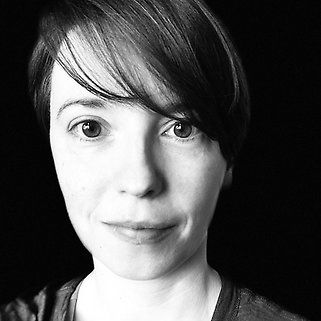
Maria Brock
PhD
Researcher
I am Principal Investigator of the Baltic Sea Foundation-funded project "Networked misogyny in Sweden, Germany and Russia: articulations, intersections and transnational flows".
Culture and Education
PC207
My research interests and expertise include gender and sexuality, digital media and communication, and memory, nationhood and representation. I have a special interest in Germany and Russia, and am fluent in both languages.
The researcher is not participating in any projects at this moment.

